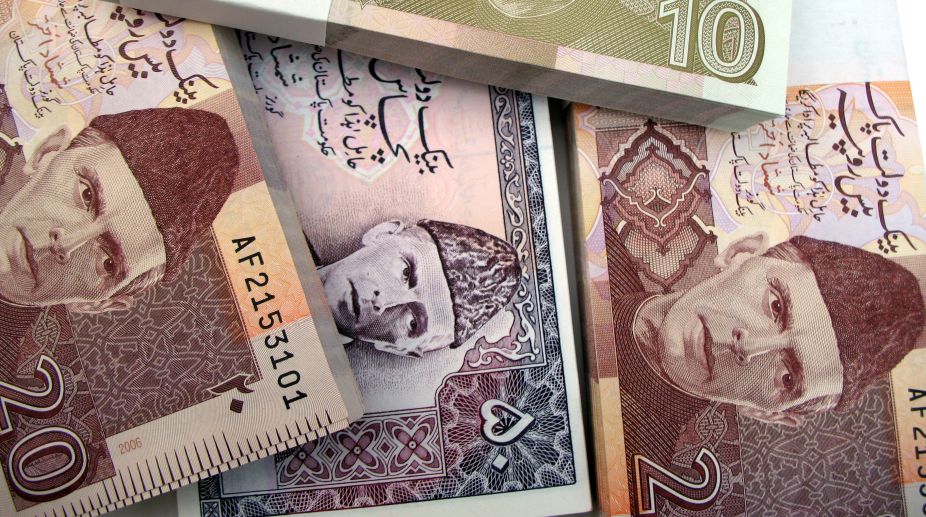Pakistan stock market hits all-time high
The Pakistan Stock Exchange (PSX) had jumped past the 55,000 barrier, setting a new milestone.
Commenting on the development, Arif Habib Limited’s Head of Research, Tahir Abbas, said that the rupee’s steep fall has triggered a positive sentiment in the market, Geo News reported.

Representational Image (Photo: Getty images)
Following the rupee’s devaluation in the open and interbank markets, the benchmark index of the Pakistan Stock Exchange (PSX) rallied and gained by more than 1,000 points, as per media reports.
Commenting on the development, Arif Habib Limited’s Head of Research, Tahir Abbas, said that the rupee’s steep fall has triggered a positive sentiment in the market, Geo News reported.
Advertisement
“The driving factor behind the market is the rupee’s market-based exchange rate. This has helped clear the uncertainty that was surrounding the investors,” Abbas said.
Advertisement
The analyst said that the government’s steps are helping the market recover and increasing the confidence of the investors – who were in a difficult position due to the uncertainty over the revival of the International Monetary Fund’s (IMF) programme.
Abbas added that with a mini-budget expected within the next eight to 10 days, the tariffs of gas and electricity might also witness an increase and more taxes might be be imposed – also the global money lender’s conditions.
The Pak rupee posted its biggest single-day decline against the dollar in more than two decades, after rapidly depleting foreign exchange reserves and an unyielding IMF forcing the government to relax its grip on the currency, The News reported.
Following the government’s decision to end its control over the rupee-dollar exchange rate as part of the IMF condition, the Pak currency slid 9.61 per cent, or Rs 24.5, to a record low of Rs 255.43 against the US dollar compared to Wednesday’s close of Rs 230.89.
The over 9 per cent decline was its highest since October 30, 1999, when the currency had slumped 9.4 per cent.
“The State Bank of Pakistan is seemingly adjusting the exchange rate to the market rate – closer to open market to address the widening difference between the official and open market rate and to curb the flow of dollars through the informal market,” said Saad Ali, a capital market expert, The News reported.
Advertisement